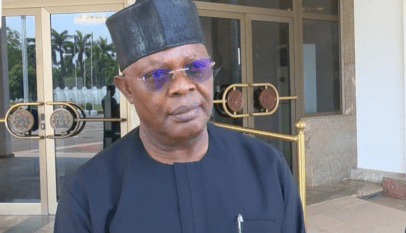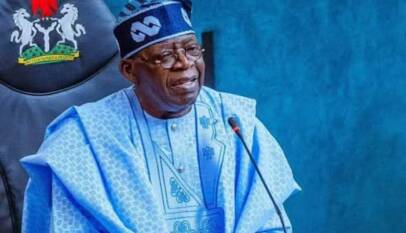
Foreign exchange (forex) policies in Nigeria have a profound impact on the business environment, affecting everything from import costs to profit margins. Over the years, the Central Bank of Nigeria (CBN) has implemented various forex policies to stabilize the Naira, but these measures often have mixed results, creating both opportunities and challenges for businesses operating in the country.
Understanding Nigeria’s Forex Landscape
Nigeria’s economy is heavily reliant on oil exports, which account for the majority of its foreign exchange earnings. However, fluctuations in global oil prices, coupled with domestic production challenges, have led to volatility in the Naira’s value. To manage this, the CBN has introduced a range of forex policies aimed at stabilizing the currency, including the introduction of multiple exchange rates, restrictions on certain imports, and the rationing of forex to specific sectors.
One of the most notable policies is the CBN’s managed float exchange rate system, where the Naira’s value is allowed to fluctuate within a certain range, with the CBN intervening when necessary to prevent excessive depreciation. While this approach aims to balance market forces with currency stability, it often results in a gap between the official exchange rate and the parallel market rate, leading to distortions in the economy.
Challenges for Nigerian Businesses
The volatility of the Naira and the CBN’s forex policies present several challenges for Nigerian businesses, particularly those involved in importation. The cost of imported goods and raw materials can fluctuate significantly depending on the exchange rate, making it difficult for businesses to plan and budget effectively. This is particularly challenging for small and medium-sized enterprises (SMEs) that may not have the financial buffers to absorb sudden cost increases.
In addition, the restrictions on accessing forex have created a scarcity of foreign currency in the official market, forcing many businesses to turn to the parallel market where rates are higher. This situation erodes profit margins and can lead to higher prices for consumers, contributing to inflationary pressures in the economy.
The uncertainty surrounding forex policies also deters foreign investment. Investors are often hesitant to commit capital to a market where the currency’s value is unpredictable and where they may face difficulties in repatriating profits. This can limit the flow of much-needed foreign direct investment (FDI) into Nigeria, further constraining economic growth.
Opportunities Amidst the Challenges
Despite these challenges, Nigeria’s forex environment also presents opportunities for businesses that can navigate the complexities. Companies that focus on local sourcing and production can reduce their reliance on imported goods, mitigating the impact of forex volatility. This approach not only shields businesses from currency fluctuations but also supports the development of local industries and reduces the trade deficit.
Export-oriented businesses stand to benefit from a weaker Naira, as their products become more competitively priced in international markets. The government has been encouraging diversification of the economy through initiatives that promote non-oil exports, such as agriculture and manufacturing. Businesses that can tap into these opportunities may find themselves well-positioned to thrive despite the challenging forex environment.
Moreover, businesses that can effectively hedge against currency risks can protect themselves from the adverse effects of forex volatility. This may involve using financial instruments such as forward contracts, futures, or options to lock in exchange rates and minimize exposure to currency fluctuations.
The Way Forward: Navigating the Forex Landscape
To navigate Nigeria’s volatile forex landscape, businesses need to adopt a proactive approach. This includes staying informed about CBN policies and market trends, diversifying revenue streams, and managing risks through financial planning and currency hedging strategies. Additionally, engaging with policymakers to advocate for more transparent and predictable forex policies can help create a more stable environment for businesses.
For the government, it is essential to strike a balance between managing the Naira’s value and creating a conducive environment for business growth. This may involve streamlining forex policies, improving access to foreign currency for critical sectors, and promoting economic diversification to reduce the economy’s dependence on oil exports.
In conclusion, while forex volatility poses significant challenges for Nigerian businesses, it also offers opportunities for those that can adapt and innovate. By adopting a strategic approach to managing currency risks and capitalizing on local and export opportunities, businesses can navigate the complexities of Nigeria’s forex landscape and position themselves for long-term success.

































